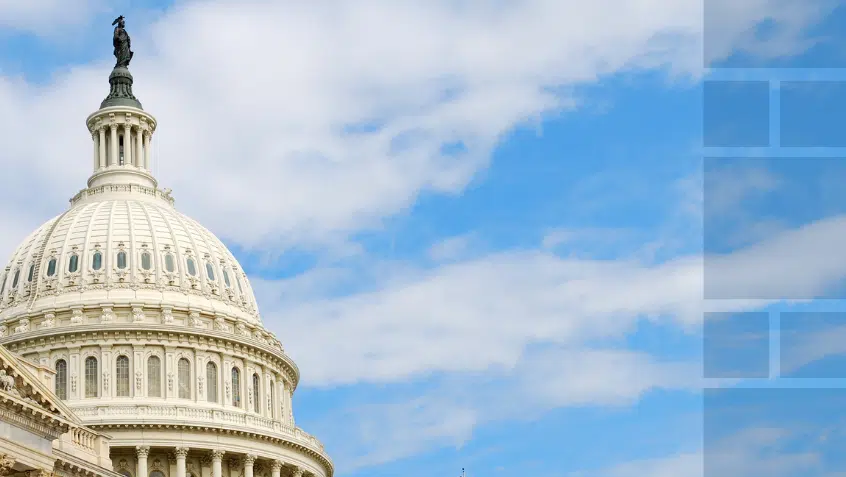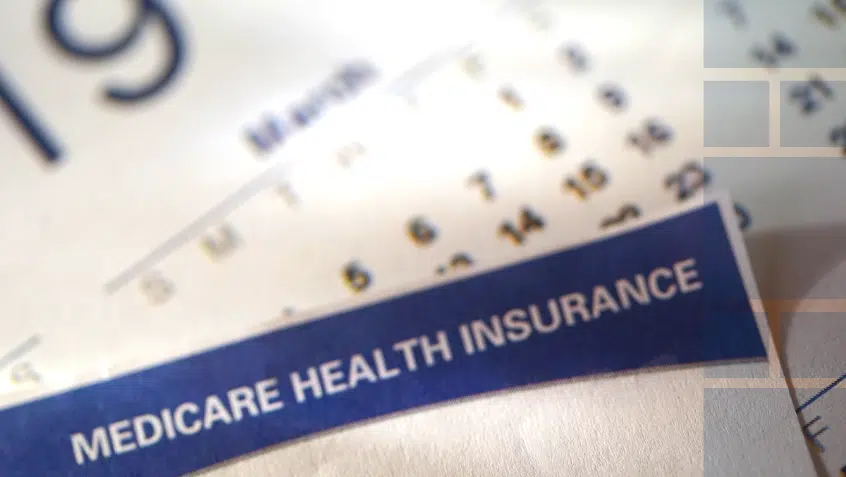Join Us Live for a Discussion on Medicare, Democracy, and the Future of Health Care
Congressional Committees Examine Medicare-related Tax Changes

Last month, two congressional committees debated policy changes at the intersection of Medicare rules and federal tax law, though the conversations had little in common.
On September 27, the Senate Budget Committee held a hearing on opportunities to improve Medicare solvency through revenue changes.
Witnesses included Medicare Rights Center Board member and former Public Trustee of the Medicare and Social Security Trust Funds, Dr. Marilyn Moon. In her testimony, Dr. Moon emphasized the importance of centering beneficiaries in any potential financing reforms. She explained that because “Medicare is not an overly generous program” enrollees must make significant, often burdensome contributions—including paying payroll taxes, premiums, and cost-sharing. Many face additional costs due to Medicare’s lack of comprehensive coverage for critical services like dental and long-term care.
Dr. Moon urged the Senators to take these realities into account when contemplating legislative changes: “Whatever choices are made for financing Medicare for the future, protecting Medicare’s viability in ensuring the health and security of those it protects should be the guiding principle in considering how to proceed. Beneficiaries are already making strong contributions toward the costs of Medicare and the program’s benefits remain modest, so they should not be expected to bear unusual burdens for protecting its future.”
The committee also heard from Chye-Ching Huang, Executive Director of the Tax Law Center at the New York University School of Law, who discussed ways to support Medicare by strengthening the tax code and broadening the federal tax base. The third and final witness was James Capretta, a Senior Fellow and Milton Friedman Chair at the American Enterprise Institute. He highlighted a combination of revenue, spending, and structural strategies to address Medicare’s financial outlook.
The following day, the House Committee on Ways and Means discussed a set of bills aimed at expanding Health Savings Accounts (HSAs), including for people with Medicare.
HSAs are a feature of the tax code rather than Medicare rules. They are tax-advantaged accounts that people with high-deductible health plans (HDHP) can use to pay for certain medical expenses. Individual contributions are tax deductible and excluded from taxable income for Social Security and Medicare.
Eligibility is limited to people with HDHPs only. If someone obtains other health coverage, including by enrolling in Medicare, they can no longer contribute pre-tax dollars to their HSA. However, they can continue to use it to pay for qualifying expenses.
Over the years, various bills have sought to create a carve out for Medicare, in order to allow beneficiaries to keep building their HSA nest eggs post-enrollment. Doing so could help some people boost their retirement savings, but probably not those who need it the most.
According to Congressional Research Service analysis of recent IRS data, most HSAs are held by very high earners; people with incomes exceeding $500,000 are most likely to make individual HSA contributions. The prevalence of HSA accounts declines with income, and only a small percentage (0.1%) of low-bracket tax returns show contributions.
The Center for Budget and Policy Priorities explains some of the reasons for this concentration: “HSAs are not a viable option for people who are uninsured and can’t afford coverage, and people with low and moderate incomes benefit little from HSAs compared to high-income people. Those with low and moderate incomes are less likely to be able to afford to contribute, and these accounts are not helpful for people who can’t afford to save, must use any available income for upfront medical costs, or are struggling with medical debt.”
These findings align with previous research and evaluations, adding to a growing body of evidence that HSAs may largely function as tax shelters for the wealthy.
Consequently, broadening HSA access would be likely to disproportionately help the highest income enrollees while disadvantaging others. In addition to exacerbating inequalities—Latino and Black people are about half as likely to have HSAs than their white counterparts—and doing nothing to lower underlying health care costs, such a shift would shrink the Medicare tax base and worsen the program’s financial challenges.
HSAs are already projected to cost the federal government nearly $180 billion from 2023 to 2032. Joint Committee on Taxation analysis of the Ways and Means-considered bills indicates they would further reduce revenues, and therefore Medicare-taxable earnings, by $70 billion. That total amount—$250 billion—is close to the ten-year cost of closing Medicare Part A’s budget shortfall and enough to help offset the cost of long overdue coverage improvements, like adding dental coverage to Part B. Against the backdrop of the prior day’s Medicare sustainability and beneficiary cost burden conversations, these policies ring particularly hollow.
Read the Medicare Rights Center’s Statement for the Record for the Senate Budget Committee hearing.
Show Comments
We welcome thoughtful, respectful discussion on our website. To maintain a safe and constructive environment, comments that include profanity or violent, threatening language will be hidden. We may ban commentors who repeatedly cross these guidelines.
Help Us Protect & Strengthen Medicare
Donate today and make a lasting impact
More than 67 million people rely on Medicare—but many still face barriers to the care they need. With your support, we provide free, unbiased help to people navigating Medicare and work across the country with federal and state advocates to protect Medicare’s future and address the needs of those it serves.
The Latest
Most Read
Add Medicare to Your Inbox
Sign up to receive Medicare news, policy developments, and other useful updates from the Medicare Rights.
View this profile on InstagramMedicare Rights Center (@medicarerights) • Instagram photos and videos









